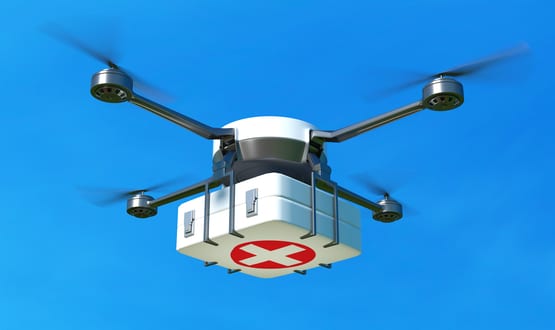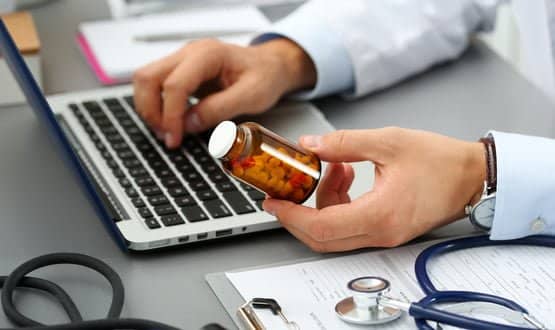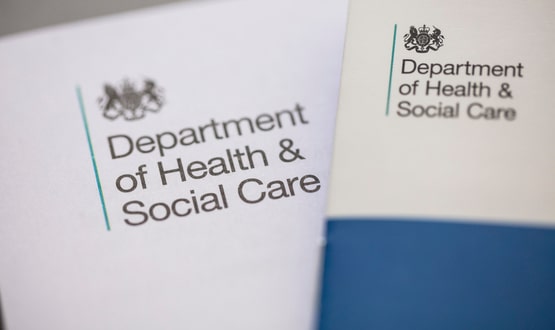Electronic Prescription Service to be rolled out nationally next month
- 21 October 2019

All prescriptions in England are set to be digitised following the roll-out of the final stage of the Electronic Prescription Service (EPS) next month.
The service will create a faster and more secure process for clinicians to prescribe and dispense medication, the Department of Health and Social Care said.
Following successful trials in 60 GP practices and thousands of pharmacies, it’s estimated the service will save the NHS £300 million a year by 2021 through reducing paper processing and prescribing errors.
The pilot saw some 329,000 prescriptions dispensed by more than 3,100 community pharmacies. Roll-out is due to begin on 18 November.
Jo Churchill, primary care minister, said: “Digitising the entire prescription service is a key part of keeping up the drive to make the NHS fit for the 21st century.
“This will free up vital time for GPs and allow pharmacists to spend more time with their patients and save millions of pounds a year.
“It’s another important step towards eventually making all prescriptions paperless. We are continuing to improve technology across the NHS which will ultimately improve care for patients.”
Patients who already have a nominated pharmacy will continue to have their prescriptions sent directly to their pharmacy or dispenser without having to hand in a paper prescription.
For patients who don’t have a nominated pharmacy, a unique barcode will be included in their prescription which can be scanned at any pharmacy to retrieve medication details.
Information is held on the secure NHS database and can be accessed quickly by GPs and pharmacies.
About 70% of prescriptions in England are currently dispensed through the EPS.
Professor Helen Stokes-Lampard, chair of the Royal College of GPs, said: “Implementing technology in the best interests of patient care by getting the basics right first is a key part of the college’s future vision for general practice.
“Electronic prescribing is an example of technology that works for GPs and our teams, our colleagues in pharmacies and our patients, and we are pleased to see the latest phase of the scheme being rolled out more widely.”
Dr Ian Lowry, director of digital medicines and pharmacy at NHS Digital, added: “Every prescription that is sent electronically saves money for the NHS by increasing efficiency.
“The system is also safer and more secure, as prescriptions can’t be lost and clinicians can check their status online. This is a huge milestone to reach, and one which benefits patients, GPs, pharmacists and the NHS as a whole.”
In August, Portsmouth became the first area in the country to offer electronic prescriptions to all patients.
Previously it only applied to those who had chosen a regular nominated dispenser. NHS Portsmouth CCG was the first in the country to have 100% of their GP practices able to use the EPS.
The use of EPS was pushed out nationally across urgent care settings following a successful pilot in 2018.
Controlled drugs, excluding oral liquid methadone, were added to the EPS in March after a pilot was deemed successful.
READ MORE
- Portsmouth becomes first area to fully roll out electronic prescription service
- Electronic Prescription Service to be pushed out nationally across urgent care
- Electronic prescription service to include controlled medication





2 Comments
I have two other situations
My GP sees me every 6 months and gives me three prescriptions each for 2 months. This is an enormous saving in my time making requests, and the practice time in signing off repeats which would otherwise be monthly.
I have one medication with variable use. This has to be overprescribed because of the standard pack size, and I manage the stock by having the pharmacy under-dipsense as I require. If the pharmacy dispensed to an electronic order, then there would be waste of what is an expensive item.
What happens if your pharmacy doesn’t have an item in stock? Currently the patient can take the paper prescription to others until they find one that does have it in stock.
Comments are closed.